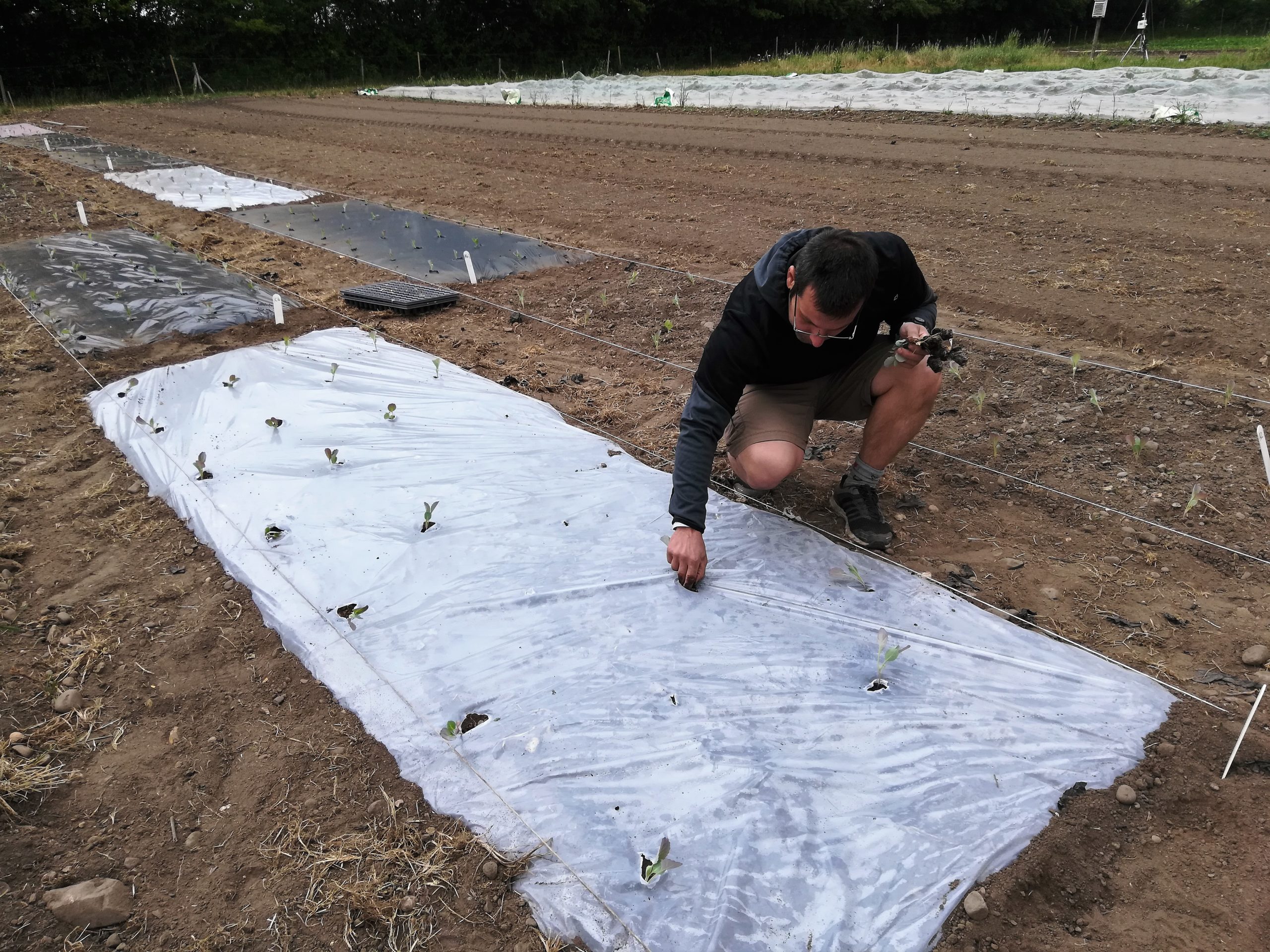
Alternatives to contentious inputs in organic horticulture
Hosted by Dennis Touliatos and colleagues at the Centre for Agroecology, Water and Resilience, Coventry University.
This session was an open discussion about the challenges that organic vegetable growers face in terms of crop inputs. Particularly contentious inputs include peat for growing media, plastic for mulching, fertilisers derived from non-organic production and overall, the dependence on off-farm inputs. Although these issues are widely known, contentious inputs are often used because there are a lack of alternatives, or they are more expensive.
At the Centre for Agroecology, Water and Resilience (CAWR) at Coventry University we are currently investigating peat-free alternatives, fossil-fuel free plastic alternatives, and plant-based fertilisers for organic growers as part of the European Horizon 2020 project ‘Organic-PLUS’.
This session discussed findings and exchanged knowledge and experiences with vegetable growers in the North of England and Scotland on contentious inputs and what they use (or do not use) and why. Participants had the opportunity to exchange ideas and insights, learn from each other and explore contentious inputs in organic horticulture and the implications of phasing them out.
Speakers/hosts:
Dennis Touliatos is an agronomist working on the European Horizon 2020 project ‘Organic-PLUS’, investigating fossil-fuel free plastic alternatives, peat-free alternatives and plant-based fertilisers for organic growers.
He also co-manages the ‘Lancaster Seed Library’, a seed saving project which focuses on collecting, saving and distributing locally adapted seeds, and reskilling local growers in seed saving. Dennis also sits on the management committee of ‘Claver Hill Community Food Project’, a peri-urban farm based in Lancaster, UK that uses no-dig methods to produce an abundance of organic vegetables.
Judith Conroy is a researcher at Coventry University’s Centre for Agroecology, Water and Resilience with a background in organic horticulture. Her research focuses on organic and other sustainable growing systems with a particular interest in the value of these spaces for pollinating insects. Judith’s primary role is Project Manager of Organic-PLUS, an EU Horizon 2020 project comprising 25 partner institutions, investigating alternatives to contentious inputs in organic agriculture across Europe. Judith is also active in the project’s SOIL workpackage, trialling replacements and phase-out pathways for peat, plastic mulch and animal manure. Judith worked on the Heritage Lottery Funded ‘Blooms for Bees’, a popular project which created an app to help gardeners identify and record Bumblebees (Bombus spp.). Her work with bumblebees continues in TRUE, an EU Horizon 2020 project where she is exploring bumblebee preferences in heritage legume varieties. Judith has also contributed to citizen science research to identify ornamental plants at risk of becoming invasive.
Dr Francis Rayns has 30 years’ experience in agroecological research, specialising in the sustainable management of soil fertility, particularly concerning the use of green manure crops and the utilisation of waste materials in the form of soil amendments such as compost, anaerobic digestate and biochar. As well as in-depth replicated experiments this has involved on-farm participatory research methodology to maximise the relevance and impact of his work. He is currently a key researcher within the Organic-PLUS project that is concerned with developing alternatives to contentious inputs, in organic agriculture – this includes developing alternatives to the use of conventional animal by-products for crop fertilization.
You can read a blog post about the outcomes of the session here.
